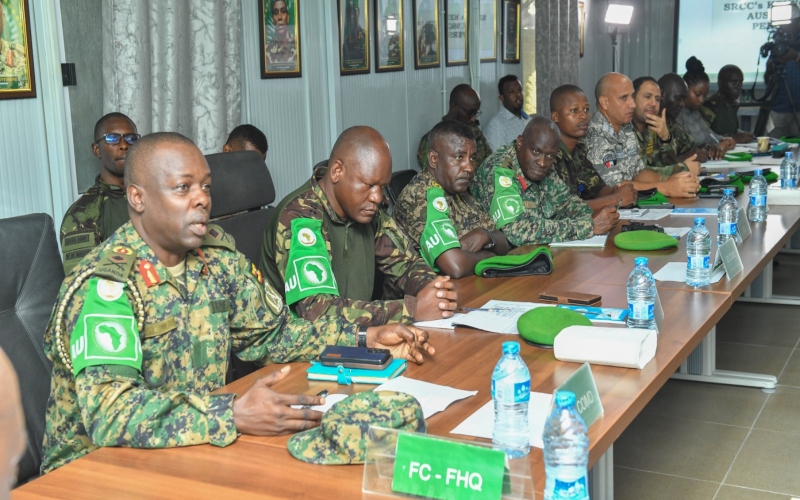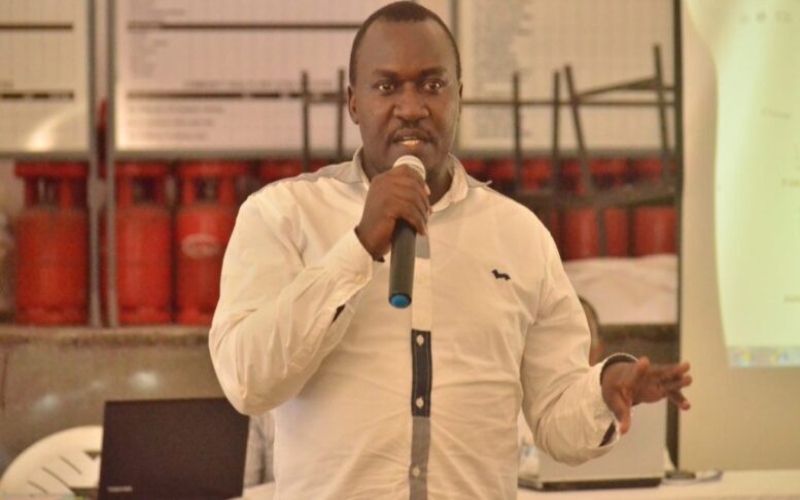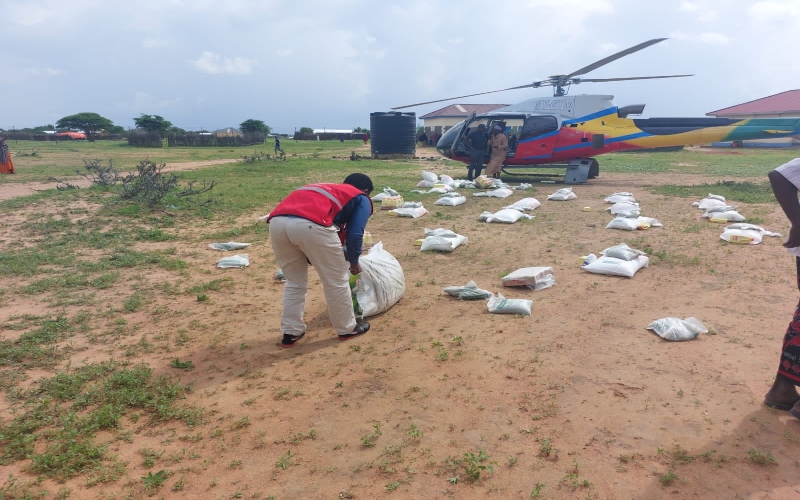Junior schools crippled by shortage of 72,000 teachers, as poor pay drives graduates away, TSC warns

TSC has revealed that Junior Secondary Schools are operating at only 50 per cent of their required staffing levels, leaving millions of learners underserved.
Despite President William Ruto’s administration recruiting over 76,000 teachers since 2022, the Teachers Service Commission (TSC) has revealed that Junior Secondary Schools are operating at only 50 per cent of their required staffing levels, leaving millions of learners underserved.
Appearing before the Senate Standing Committee on Education during a consultative meeting in Mombasa, TSC acting Chief Executive Officer Eveleen Mitei said the sector is “severely starved” of personnel despite ongoing recruitment efforts.
More To Read
- Government defends use of intern teachers in junior schools amid calls for permanent jobs
- Kenya requires Sh72.8 billion annually to fill 100,000 teacher shortage - report
- Unions slam TSC over limited promotion slots as 131,000 teachers apply for 21,000 positions
- Ruto announces recruitment of 24,000 more teachers by January to ease national shortage
- Tension mounts as school heads, teachers’ union reject new TSC leadership structure
- Intern teachers warn they will not resume duties in January without permanent status
“Currently, 83,129 teachers are handling millions of learners in Grades 7, 8 and 9. Junior schools are staffed at only 50 per cent of the required levels,” Mitei said.
She noted that the Commission plans to recruit 24,000 intern teachers by January 2026 to ease the shortage.
“To bridge the gap, we plan to recruit 24,000 intern teachers by January 2026,” she said.
Since the 2022/2023 financial year, the government has recruited more than 56,000 teachers on permanent and pensionable terms and 20,000 on an internship. However, Mitei said recruitment is still a major challenge, especially in the North-Eastern region, where advertised posts often fail to attract applicants.
“In undertaking recruitment of teachers in public schools, TSC has encountered challenges, including a lack of expression of interest in advertised posts in the North-Eastern region. Further, lack of teachers in the specific learning areas or subjects across the country, such as Music, Art and Design, may cause a lack of applicants,” she said.
She also admitted that the stipend offered to interns discourages many applicants. Interns receive a gross pay of about Sh20,000, which reduces to Sh18,070 after statutory deductions, including the Social Health Authority and Housing Levy.
To address the shortage, the government has allocated Sh2 billion for the recruitment of 24,000 intern teachers, with a focus on Science, Technology, Engineering, and Mathematics (STEM) subjects.
“We’ve faced challenges, particularly in STEM subjects. But we believe the January recruitment will move us closer to our targets,” Mitei added.
The internship programme, however, has come under sharp criticism from teachers and education stakeholders.
Kenya Association of Junior School Teachers (KAJST) chairperson and a former intern, James Odhiambo, described the prolonged internship as exploitative.
“It is inhumane for the state to keep graduate teachers in an internship for years. One year of teaching practice is enough. We are trained, qualified professionals, not trainees,” he said.
Odhiambo, who graduated in 2017 from Kibabii University with a degree in Arts Education, currently teaches History and CRE at a junior school in Kwale. He was recruited in February 2023 after serving for seven years as a Board of Management (BoM) teacher.
He faulted the internship pay, saying it does not match the workload, as interns do the same work as permanent and pensionable teachers but earn far less.
“There’s no health cover, no housing or commuter allowances, only a stipend of Sh18,070 after deductions,” he said.
According to him, most teachers reject internship positions due to the poor pay, heavy workloads, and the financial strain that comes with them. He admitted he only accepted the internship because of the instability of BoM contracts.
“I couldn’t turn it down because working under BoM was unstable. Your job depends on the head teacher’s mood,” he explained, noting that some BoM teachers earned up to Sh25,000 but without job security.
He also reminded the TSC that the Labour and Industrial Relations Court had declared the internship model unlawful.
“The internship model is being misused as a stopgap to plug staffing gaps without offering teachers decent terms,” Odhiambo said.
Senate Education Committee Chairperson Betty Montet said the ongoing retreat in Mombasa was convened to explore sustainable solutions for education challenges across counties, including teacher recruitment, staffing policies and transfers.
“Junior school staffing is a big issue. The retreat has allowed us to deliberate on these concerns with the urgency they deserve,” Senator Montet said.
Top Stories Today











































